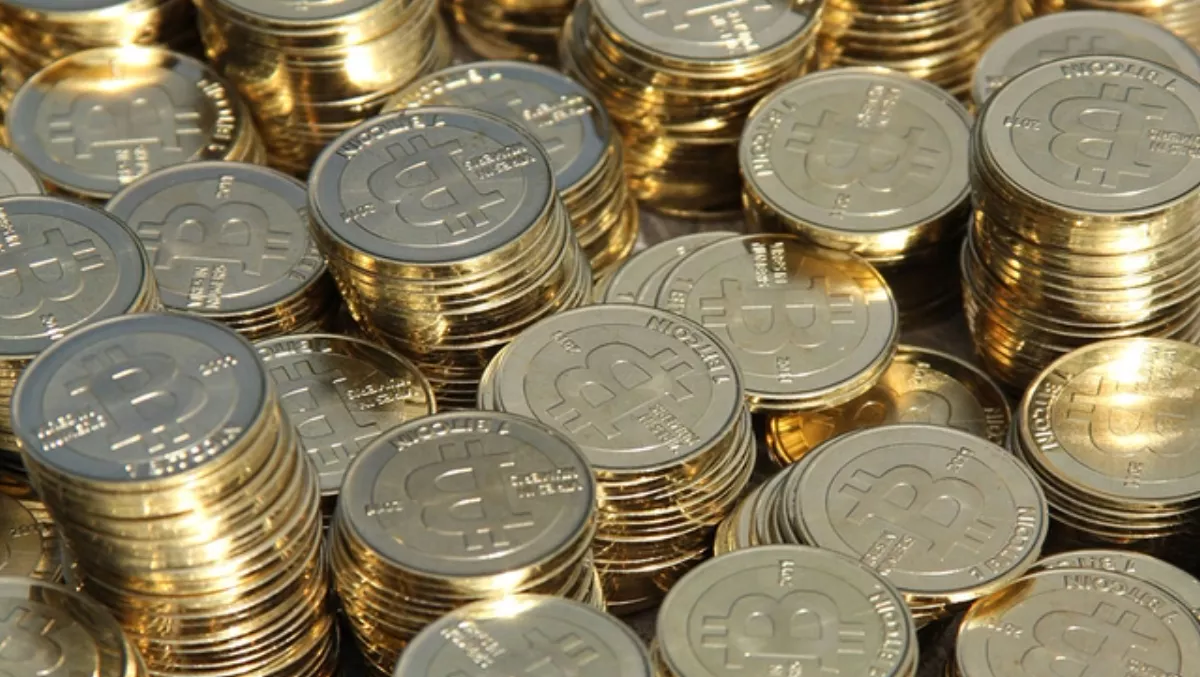
Right, so what is it? Bitcoin is a unit of account, in the sense that a gram is a unit of mass or a metre is a unit of distance.
It is a digital currency in which transactions can be performed without the need for a central bank, but rather a public ledger system, which records and openly displays all transactions.
A bitcoin cannot be picked up and shoved in your pocket the same way cash can, but it can owned, transferred and it is impossible to copy, allowing them to function effectively as a system of distribution of wealth.
Bitcoin is the brainchild of Satoshi Nakamoto, a web developer who proposed a payments system for the 21st century back in 2009.
If there are no banks, who takes care of it all?
Since bitcoins are not physical objects, but merely units of account, there needs to be some other way to keep track of them, right?
Instead of one central server keeping track of everyone’s bitcoins, there are thousands and thousands of servers keeping track of them. Every such server in the bitcoin network is called a full node.
What are they even used for?
At this point bitcoin is mainly used as an investment. The official website says that it should be seen like a high-risk asset.
In some parts of the world, there are plenty of stores who allow their customers to pay for goods with bitcoins, such as cafes or fast food outlets. Obviously bitcoin only makes up a small percentage (less than 5 per cent) of participating businesses' transactions.
The currency is slowly making its way into mainstream circulation, for purchase of everyday goods and services.
When you send bitcoins to another person, you aren’t really sending anything directly to that person, but rather your bitcoin wallet reassigns those bitcoins, from one owner to another, by adding a transaction to the public ledger.
Can anyone use it or is there a Bitcoin Club?
Anyone can acquire bitcoins, just like regular cash. You can exchange them for goods and services, buy them from aquaintances or purchase them directly from an exchange using your own bank account.
The only prerequisite is a bitcoin wallet, which can be installed on your computer desktop, accessed on the internet or installed as an application on your smartphone. The wallet is your window to the world of bitcoin.
What do I need in order to use it?
You need a bitcoin wallet. Not only does a wallet buy and store your own bitcoins, you can also use the wallet itself to pay for goods and services.
The bitcoin wallet is used mainly for sending bitcoins to other people, generating bitcoin addresses, so you can receive bitcoins from other people, and to view your transaction history and current balance.
You can use the bitcoin app to scan a QR code generated as part of a transaction. By scanning this barcode, the appropriate amount of bitcoin will be automatically deducted from your account and transferred to the recipient.
What are the benefits?
That’s a tough one. Many users will rave about bitcoin and how it is an easy option for paying for goods and services overseas when cash and internet transfers aren’t applicable. Others will say that it is not widely used enough to have any real benfit for everyday users of the currency.
A big pro is that bitcoin is pretty anonymous, at least compared to bank transfers and credit cards, although it is possible to trace a transaction via a person’s wallet that was used to submit or receive payment.
Instead of real names, bitcoins are assigned to a bitcoin address, which looks something like this: 1PreshX6QrHmsWbSs8pHpz6kLRcj9kdPy6. A bitcoin address is like a numbered bank account, only much easier to create, and each person can have a potentially unlimited number of adresses. Your wallet can generate addresses for you.
Another big benefit is how cool you can say you are that ou use a digital currently that no one you know uses, or even knows what it is. It is important to note that while central banks around the world have toyed with the possibility, bitcoin is still not a legal currency.
If you want further information about bitcoin, there are plenty of articles on the web and videos on youtube that go into more depth about exactly what bitcoin can be used for and how to get started.
